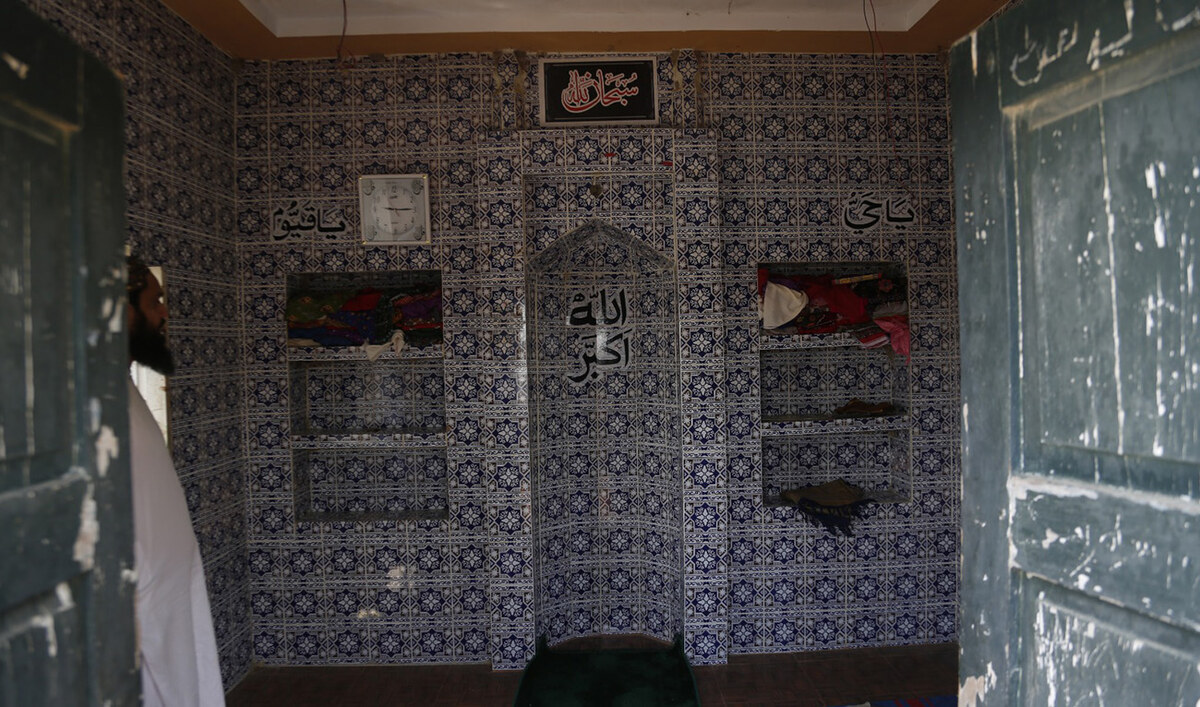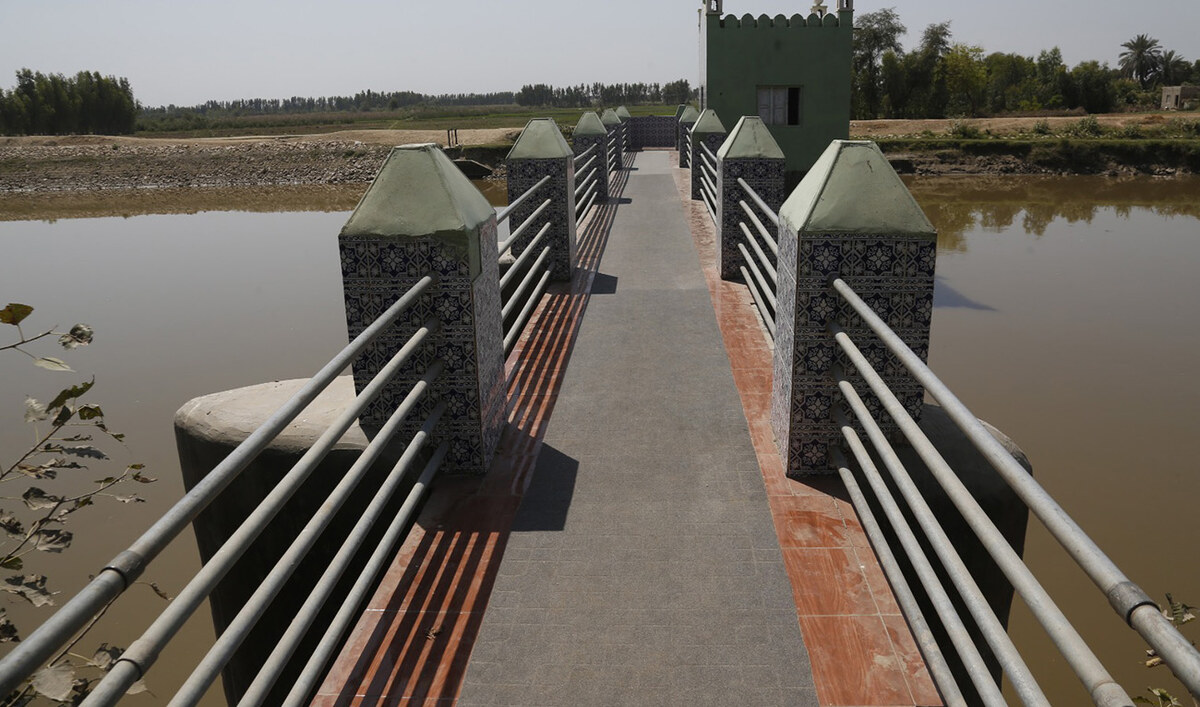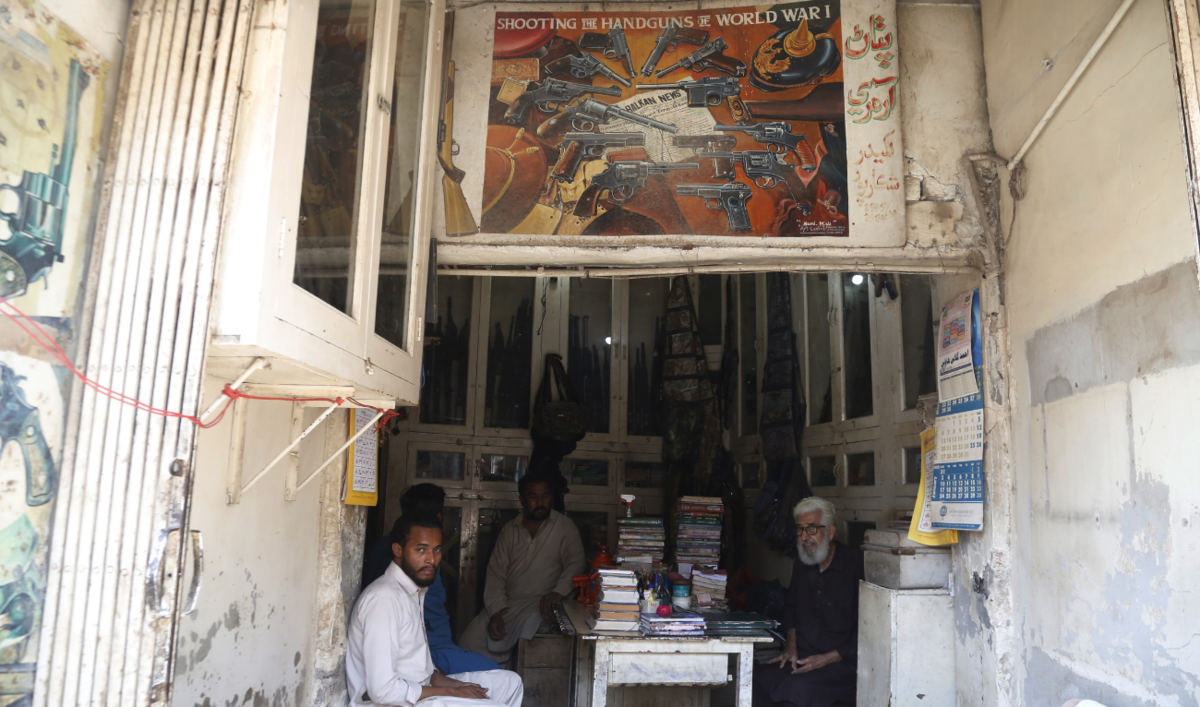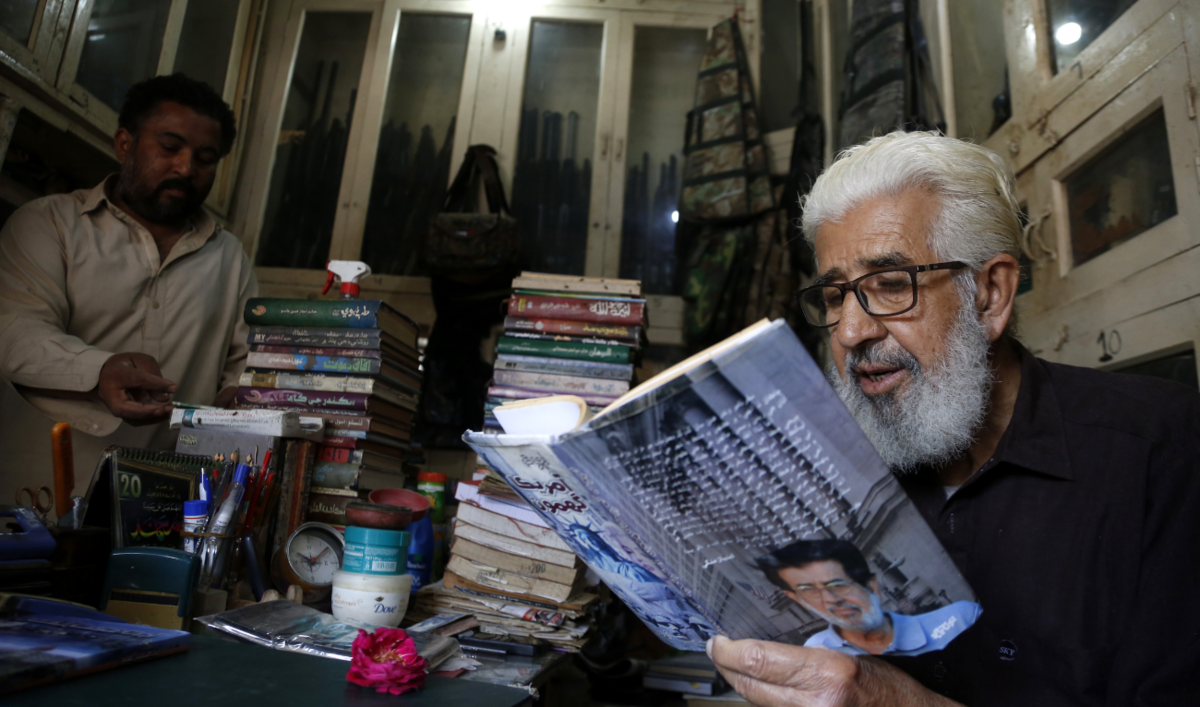KARACHI: On account of low hospitalization rates and few people in critical care, authorities in Pakistan’s southern Sindh province said on Thursday they were not considering imposing new restrictions and a major food festival would be held this week as per schedule despite a surge in coronavirus infections.
Karachi, the capital of Sindh province and the commercial capital of the country, reported 2,009 new cases of the coronavirus in the last 24 hours, recording an alarming positivity rate of 28.80 percent. A day earlier, the infection rate stood at 20.22 percent, and on Monday, it was 15.52 percent. On January 4, a 6.62 percent positivity rate had been recorded.
“This trend of growing infections will continue in the days to follow,” Qasim Soomro, parliamentary secretary for health in Sindh, told Arab News, adding that the current numbers were, however, not putting a burden on the health system. “But God forbid if the numbers grow substantially and hospitalization may also increase, it will be something to worry about.”
He said only 18 patients were currently on ventilators in the province and 78 were in the ICU against 1,100 available beds.
“Taking this fact into account, a meeting has decided not to impose any restrictions,” Soomro added.
Karachi administrator, Murtaza Wahab, who is also the spokesperson for the Sindh government, said the decision to not impose new restrictions was due to a low number of critical patients.
“We have imposed strict measures in the past when pressure on hospitals was increasing,” Wahab said, urging people to wear masks and get vaccinated.
But experts worry authorities are not taking the latest surge seriously. A major event, the Karachi Eat festival, which attracts tens of thousands of people each year, is scheduled to start tomorrow, Friday, and go on until Sunday. Despite protestations by concerned citizens and experts, authorities have decided not to postpone the event.
Soomro said the local administration had given a list of instructions to the festival organizers which would be strictly implemented.
“There will be no entry for unvaccinated people,” he said. “Random PCR tests will be done at arrival. Only one family will be allowed to stay at a stall at a time and masks can be removed only while eating food.”
























